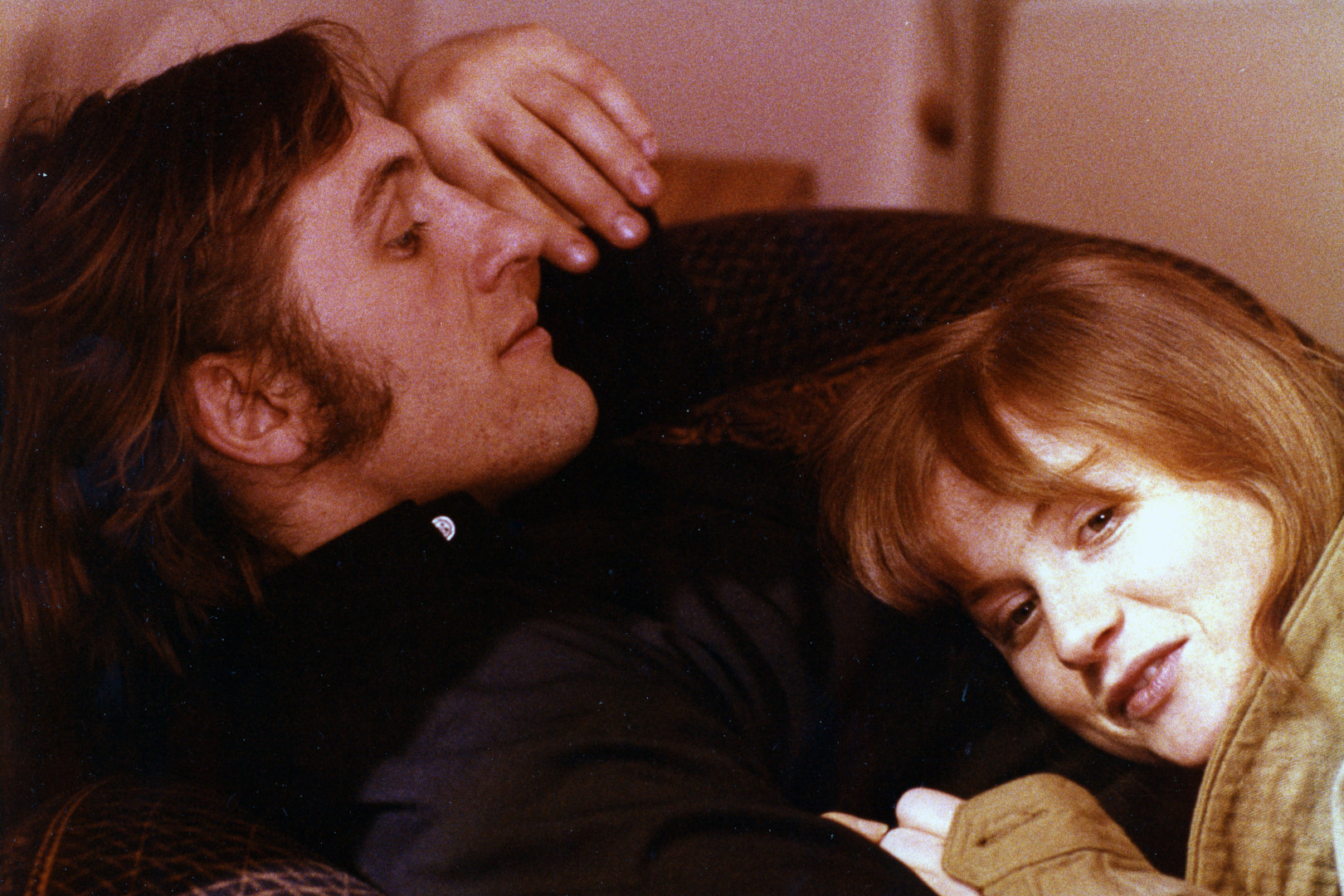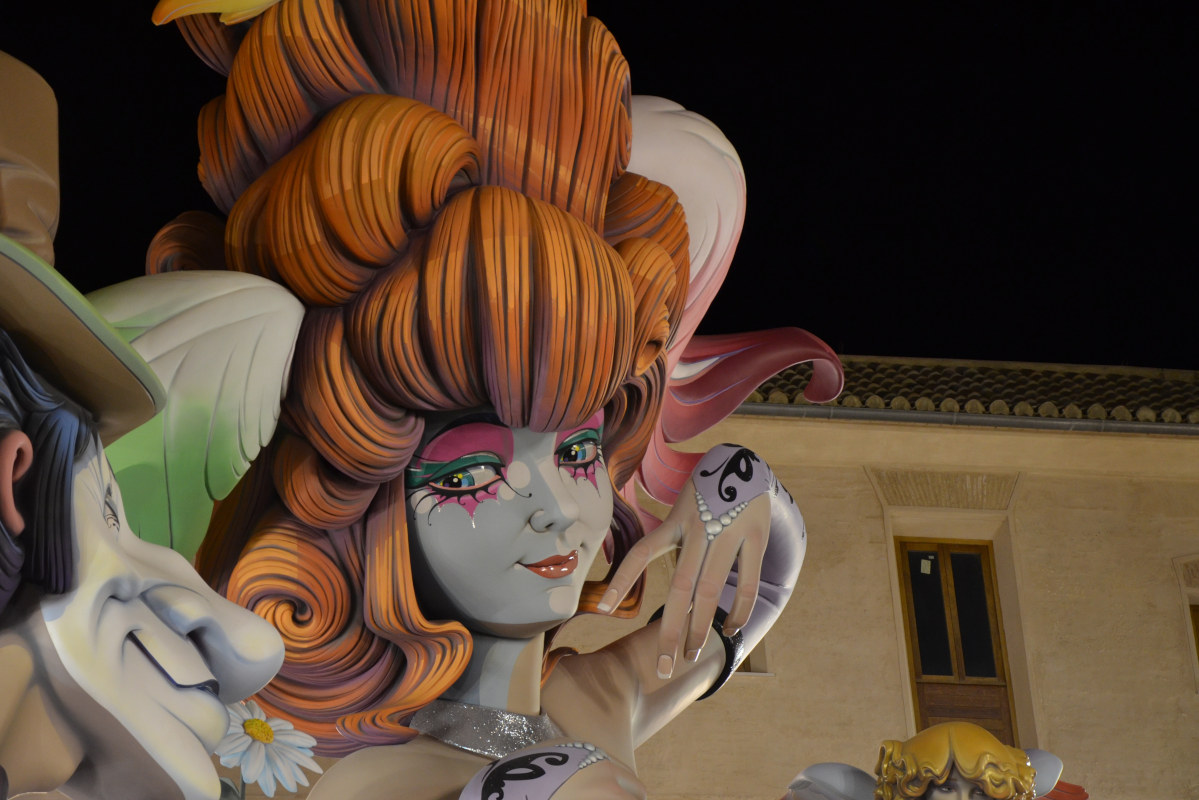Films & Books

Our monthly pick of the best films and books either from Southern Europe or featuring Southern European locations.
FILMS
Throughout June and July, the Barbican Centre in London is hosting a series of films, After the Wave: Young French Cinema in the 1970s. Sometimes affronting, at times tender, these films from young French directors on the brink of their careers are less stylistic than their celebrated New Wave predecessors such as Jean-Luc Godard and Francois Truffaut, but no less fascinating.
Including a raft of films from women directors (Chantal Akerman’s Je, Tu, Il, Elle, Catherine Breillat’s A Real Young Girl and Diane Kury’s Peppermint Soda), the ‘70s produced sometimes raw and frank films exploring themes such as coming-of-age, female sexuality and working-class life in France.
The films were also, in some cases, a launching pad for actors who would go on to become major cinematic names, such as the young Gérard Depardieu.
Loulou, directed by Maurice Pialat, is a case in point, featuring the young Depardieu years before he went on to find international fame in films such as Jean de Florette, Cyrano de Bergerac and the English language Green Card with Andie McDowell.
In Loulou, he stars as a feckless stud with a minor criminal conviction alongside another actor who would subsequently become a major name in French cinema – Isabelle Huppert (star of Madame Bovary and recently Greta, amongst many others) as an aimless accountant’s wife.
Nelly (Huppert) abandons her failing marriage and embarks on a hedonistic relationship with the promiscuous Loulou (Depardieu) which, after wear and tear, crashes into resigned despondency. The young actors steal the screen, natural in appearance and performance, and without any airbrushing or sentimentality. Unbridled ‘70s chauvinism aside, Loulou is remarkable as a fly-on-the-wall drama which embraces the moral revolution of its time.

VINCENT VAN GOGH, ALMOND BLOSSOM, FEBRUARY 1890. PHOTO © VAN GOGH MUSEUM
In contrast, the cinematic documentary Van Gogh & Japan, directed by David Bickerstaff, traces the period from Van Gogh’s hectic time in the Paris art scene and his subsequent retreat to Provence, to his untimely death in Auvers-sur-Oise in Paris’s northwestern suburbs.
With mesmerising cinematography to complement Van Gogh’s paintings, Van Gogh & Japan is a discovery of how the Dutch master viewed the French landscape through the prism of ‘Japonisme’, a craze for all things Japanese sweeping France in the 1880s.
In Paris, brimming with inspiration from the popular Japanese woodblock prints (‘ukiyo-e’), Van Gogh employed similar techniques within his own Impressionist style, producing the Montmartre paintings and Portrait of Pere Tanguy.
At the peak of Van Gogh’s Japanese influence, he was in Arles and Les Saintes-Maries-de-la-Mer and you can see the impact of Japanese winter landscapes in paintings he created such as Snowy Landscape with Arles in the Background and The Pink Peach Tree depicting silhouettes of bark and delicate blossoms.
After the Wave: Young French Cinema in the 1970s is at the Barbican from 6 June to 25 July 2019
www.barbican.org.uk/whatson/2019/series/afterthewave
Van Gogh & Japan will be on release at 250 cinemas across the UK from 4 June.
www.exhibitiononscreen.com
Facebook: exhibitiononscreen
Instagram: @exhibitiononscreen
Twitter: @artonscreen
BOOKS
Like its rebellious hero, the French novel The Last Adventure of Napoleon Sunshine is a breath of fresh air: a jaunty, poignant tale about an octogenarian who refuses to grow old and conform to society’s expectations. At the tender age of 85, Monsieur Sunshine divorces his bewildered wife, adopts a dog and hatches a plan to kidnap his favourite radio host.
Written by Pascal Ruter, the Parisian author best known for his successful novels for younger readers, The Last Adventure is his first work of adult fiction. Translated into English by Simon Pare, the book is set in the suburbs of Paris and narrated by Napoleon’s partner in crime: his wimpy 10-year-old grandson.
Young Leonard idolises his indomitable grandfather – an ex-boxer who loves to play pranks on his straitlaced banker son, hates being called grandpa, and says what he thinks – “unlike a lot of other grown-ups who went round in circles without really getting to the point”.
Their misadventures are punctuated by frank letters from Leonard’s long-suffering grandma, who moves to the south of France and reluctantly starts dating. “It’s like when you want to buy a car, you never know whether to get the basic model that’s reliable and never breaks down, or the model with lots of extras which is more tricky”, she muses. At Christmas, she guzzles too much fizz and finally lets rip, spewing expletives at her gobsmacked son.
At the heart of the story is the touching relationship between grandson and grandad and – as Napoleon gets into more serious scrapes – both of them eventually have to face up to reality: the former boxing champion is no longer invincible. With his first foray into fiction for adults, Ruter does a wonderful job of capturing the emotional rollercoaster of dementia, as seen through a child’s eyes.

Spanish author Enrique Vila-Matas’ latest novel, Mac and His Problem, is about a grandfather who decides to embark on a writing career without consulting his wife, but that’s where the similarities with Napoleon Sunshine end. During a scorching summer, newly unemployed Mac decides to start a diary and sets about chronicling his daily walks in Barcelona. After bumping into a successful author, he becomes obsessed with one of his books and begins to confuse fiction with reality.
Vila-Matas is one of Spain’s most original contemporary novelists and likes to stuff his books with literary references. In lesser hands, that could get dull, but this diary-cum-novel skips along thanks to his hapless, half-drunk protagonist. Mac may have an encyclopedic knowledge of fiction, but he’s hopelessly lacking in self-awareness and incapable of holding a civil conversation with his exasperated wife. Beautifully translated by Margaret Jull Costa and Sophie Hughes, Mac and His Problem is a dazzling, dizzying meditation on the art of storytelling.
The Last Adventure of Napoleon Sunshine, by Pascal Ruter, is published by Abacus on 6 June (£13.99). Mac and His Problem, by Enrique Vila-Matas, is published by Harvill Secker on 6 June (£14.99).
TEXT: KATHLEEN BONDAR & CLAIRE WEBB
Subscribe to Our Newsletter
Receive our monthly newsletter by email





